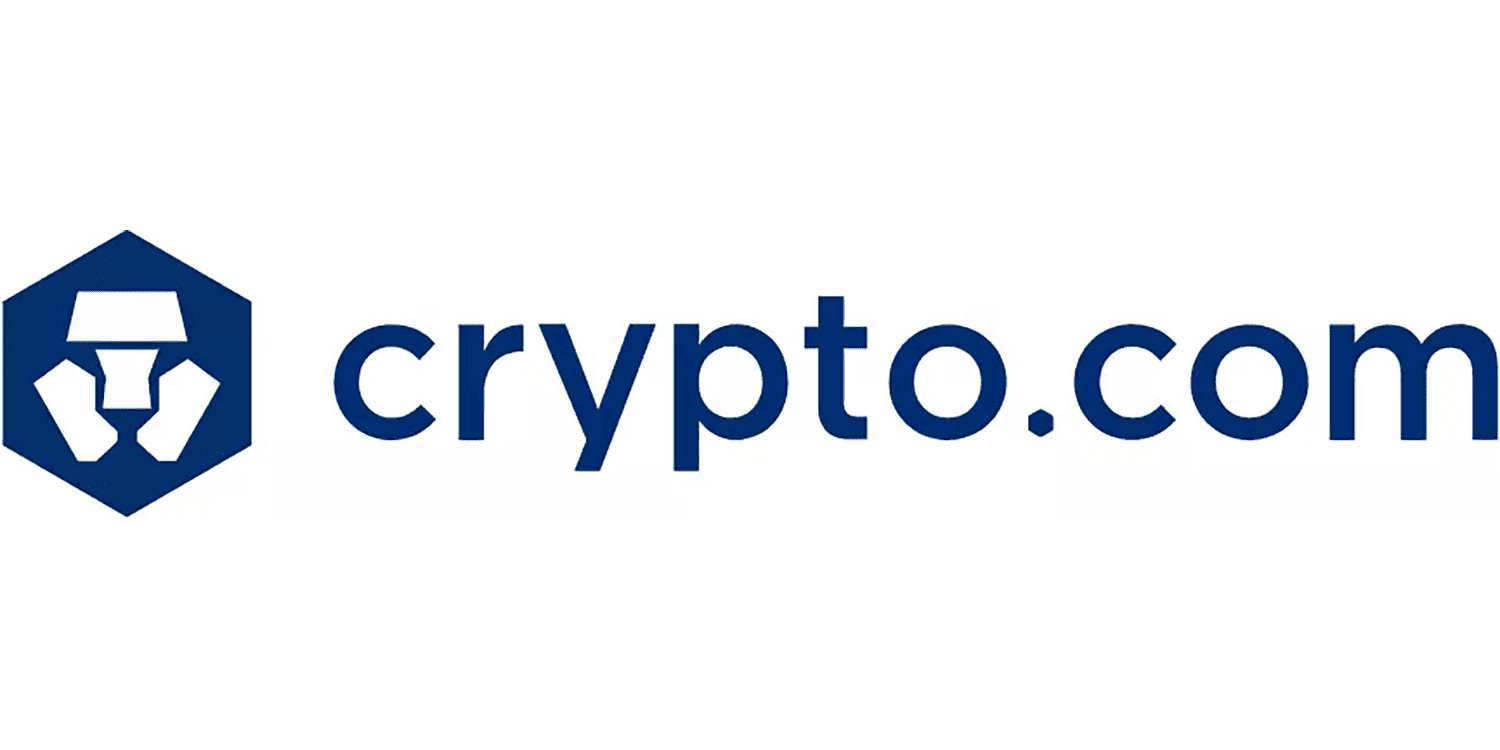- PayPal has enabled native support for Solana (SOL) and Chainlink (LINK) in the U.S., allowing users to buy, sell, hold, and transfer these assets directly.
- This expansion reflects growing regulatory clarity and PayPal’s commitment to integrating more cryptocurrencies into its platform.
PayPal has taken another step in deepening its cryptocurrency offerings by enabling native support for Solana (SOL) and Chainlink (LINK) for users in the United States and U.S. territories. This marks a significant shift from the previous setup, where users could only acquire these assets through MoonPay, a third-party crypto service provider.
A New Era for PayPal’s Crypto Services
Since its initial foray into the crypto space in October 2020, PayPal has steadily expanded its digital asset support. Initially, it enabled transactions for Bitcoin (BTC), Ethereum (ETH), Litecoin (LTC), and Bitcoin Cash (BCH). Later, in August 2023, PayPal launched its own stablecoin, PayPal USD (PYUSD), built on Ethereum and Solana. Now, with the addition of Solana and Chainlink, PayPal strengthens its commitment to integrating blockchain-based assets into its ecosystem.
The move comes as regulatory clarity improves in the U.S., with recent legal developments reducing concerns over the classification of digital assets. The SEC’s retreat from certain legal battles, including dropping its claims regarding Solana’s securities status, has likely paved the way for PayPal to expand its crypto offerings.
Also read: Ripple CTO Sparks Debate on XRP’s Future Value
What This Means for Crypto Users
With this update, PayPal users can now buy, sell, hold, and transfer SOL and LINK directly through the platform. This provides a more seamless and secure experience for those looking to interact with these assets without relying on third-party platforms.
Solana, known for its high-speed and low-cost transactions, has gained traction as a scalable blockchain solution for decentralized applications. Meanwhile, Chainlink plays a crucial role in blockchain ecosystems by providing real-world data to smart contracts via its decentralized oracle network. Their addition to PayPal’s platform signals growing institutional recognition of their utility.
A Sign of Changing Regulatory Winds?
PayPal’s decision also hints at shifting attitudes toward digital assets within U.S. leadership. With recent discussions on crypto regulation becoming more favorable, the move could be a sign of broader industry adoption and increasing confidence in blockchain technologies.
As PayPal continues to integrate more cryptocurrencies, its role in bridging the gap between traditional finance and the digital asset space remains one to watch.




